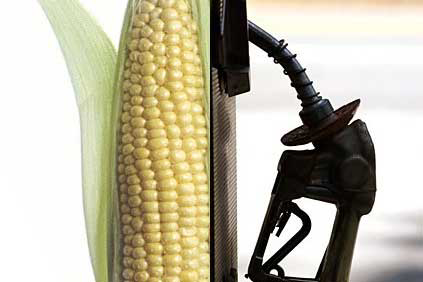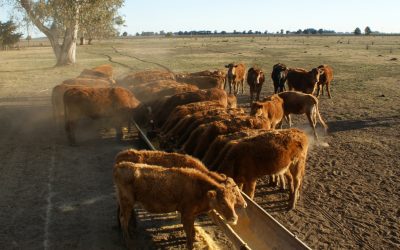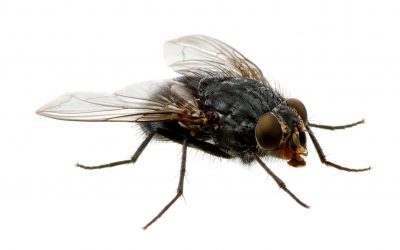More pressure to waive US ethanol obligation

Livestock farmers and ranchers seeing their feed costs rise because of the worst drought in a quarter-century and are demanding that the Environmental Protection Agency waive production requirements for corn-based ethanol.
One-third of House members have also signed onto a letter urging EPA Administrator Lisa Jackson to relax ethanol production targets in light of corn supply concerns and spiking prices.
The EPA says it is working with the Agriculture Department and is keeping a close eye on crop estimates and how they might relate to the biofuel program.
But so far, the Obama administration, citing ample ethanol supplies, sees no need for a waiver. That opinion is shared by corn growers who continue to support the mandate.
Spronk, who is president-elect of the National Pork Producers Council, said livestock producers will have to reduce their herds and flocks because feed is becoming scarce and too expensive. Cattlemen and chicken farmers have the same concern.
“We do support the American ethanol industry,” said Kristina Butts, executive director of legislative affairs at the National Cattlemen’s Beef Association. “All we are asking for is that competition for that bushel of corn be on a level playing field.”
The government, she said, “is picking the ethanol industry to be the winner to get that bushel of corn.”
More corn to ethanol
Due to the Renewable Fuel Standard, 40% of the US corn crop now goes to ethanol producers, compared with 36% for feed. The rest is divided between processed food and exports.
Critics say ethanol also is a big factor in the price of a bushel of corn going from an average $2.15 a bushel in the 1997-2006 period to more than $8 today.
With half the nation’s corn crop now in poor condition, “relief from the Renewable Fuel Standard is extremely urgent because another short corn crop would be devastating to the animal agriculture industry, food manufacturers, food service providers, as well as consumers,” 156 House members wrote EPA Administrator Lisa Jackson in urging her to issue a waiver.
Twenty-five senators, about evenly divided between the two parties, wrote a similar letter to Jackson last week.
The House letter was signed mainly by Republicans, who are outspoken in their opposition to EPA regulations. But as with the Senate, the majority of signees were from the South, where the poultry industry is strong, with others coming from Western cattle states and Northern dairy states. Midwestern corn states like Iowa and Ohio were largely unrepresented.
Misleading figures
The ethanol industry, backed by the Obama administration, says it’s unfair to blame it for turmoil in the corn market. Tom Buis, CEO of Growth Energy, which represents producers and supporters of ethanol, said at a recent news conference that he’d “never heard a bigger whopper” than the argument that fuel demands were hurting food supplies.
The ethanol industry argues that the Agriculture Department’s estimate that ethanol consumes a 40% share of the corn market is misleading because about a third of the ethanol corn is refined into DDGS. Buis said ethanol’s actual share of the corn crop as a fuel is closer to 16%.
Agriculture Secretary Tom Vilsack echoed that at a White House briefing last month, saying: “There’s no need to go to the EPA at this point in time. Based on the quantity of ethanol that’s currently in storage, there’s no problem in that area at this point in time.”
He also pointed out that despite the drought, the corn crop could still be one of the larger ones in history because farmers, enticed by high prices, planted so many acres this spring.











